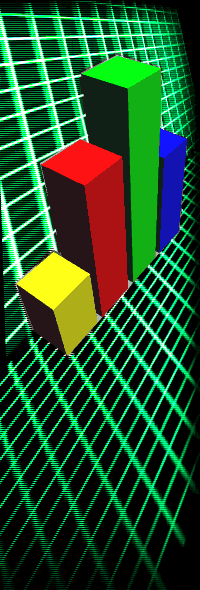>The World Wide Web is not the wild wild Web, but instead a place where values in the broadest sense should take a
part in shaping content and services. This is a recognition that the Internet is not something apart from civil society, but
increasingly a fundamental component of it.
>We should not invent a new set of values for the Internet but, for all the practical problems, endeavour to
apply the law which we have evolved for the off-line world to the world of cyberspace. These laws might cover issues like
child pornography, race hate, libel, copyright and consumer protection.
>while originally most Internet users were white, male Americans, now the Internet belongs to all. Multi-Culturalisum
should be accepted the web should be free of raceisum, and prejudice. As a pervasively global phenomenon, it cannot be subject
to one set of values like a local newspaper or national television station; somehow we have to accommodate a multiplicity
of value systems.
Ten computer and internet commandments
>Thou Shalt Not Use A Computer To Harm Other People
>Thou Shalt Not Interfere With Other People’s Computer Work
>Thou Shalt Not Snoop Around In Other People’s Computer Files.
>Thou Shalt Not Use A Computer To Steal
>Thou Shalt Not Use A Computer To Bear False Witness
>Thou Shalt Not Copy Or Use Proprietary Software For Which You have Not Paid.
>Thou Shalt Not Use Other People’s Computer Resources Without Authorization Or Proper Compensation
>Thou Shalt Not Appropriate Other People’s Intellectual Output
>Thou Shalt Think About The Social Consequences Of The Program You Are Writing Or The System You
Are Designing
>Thou Shalt Always Use A Computer In Ways That Insure Consideration And Respect For Your Fellow Humans
Examples of Criminal and unethical behaviour:
*Stealing copyright and credit for intellectual property
*Intercepting private e-mail
*Display of pornographical material
*Deliberate public misinformation
*Misuse of research material
*Improper commercial/personal use of network
*Stealing credit information
